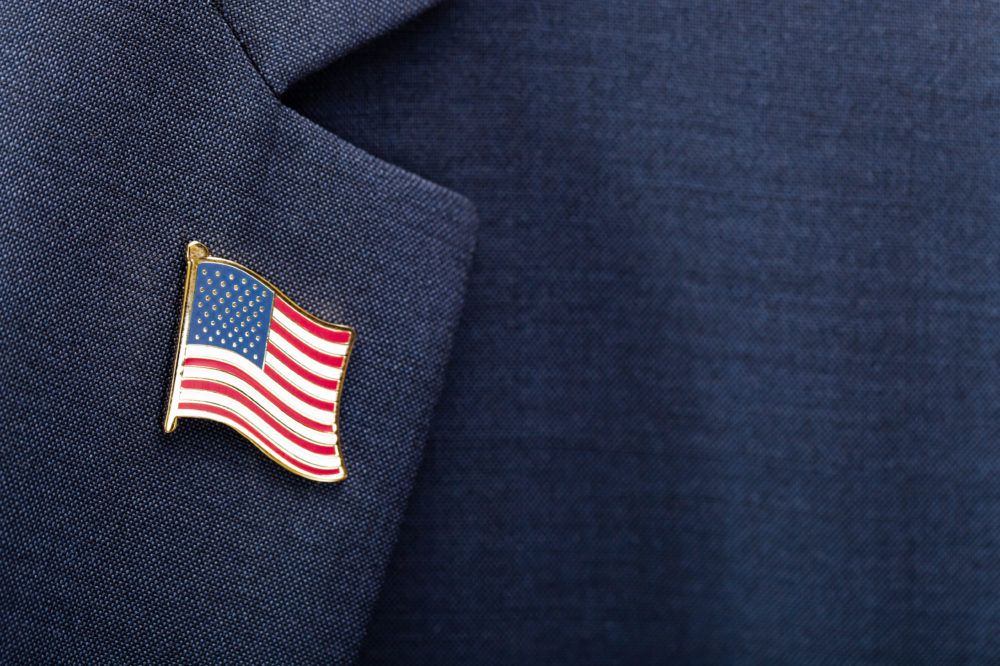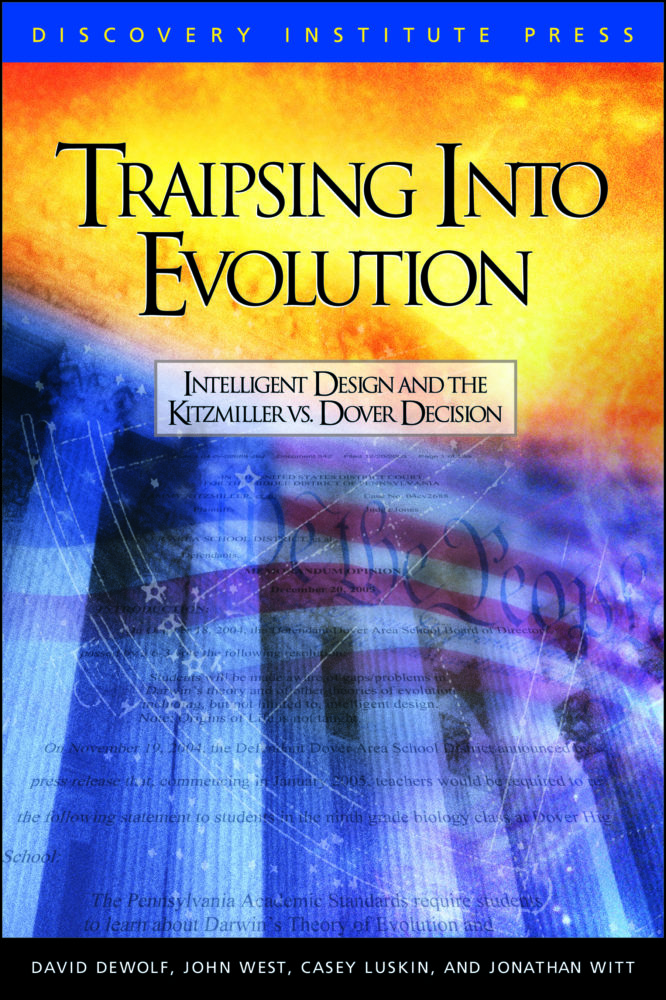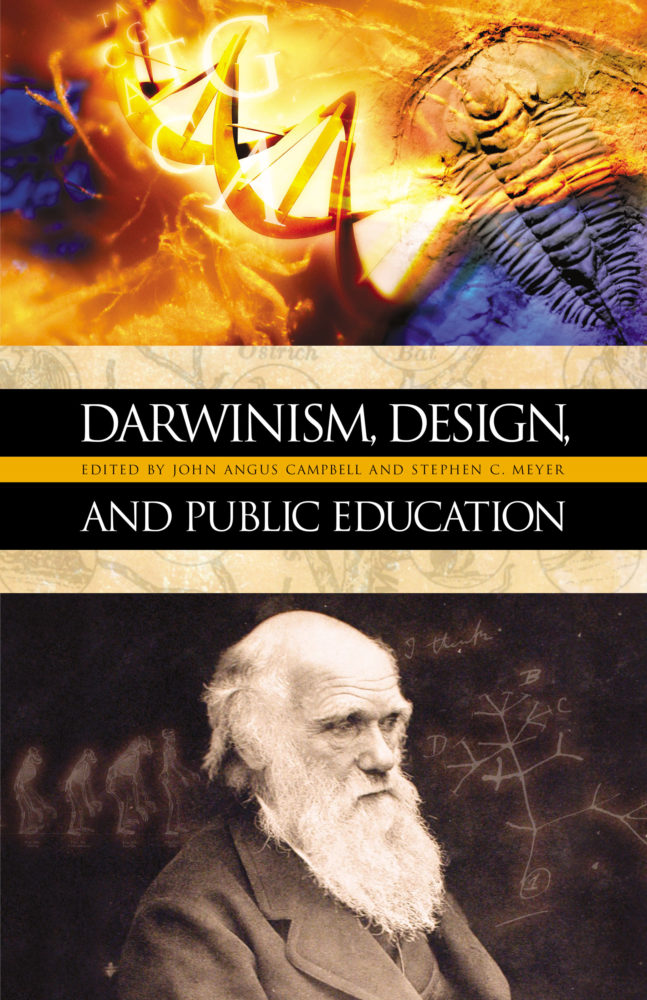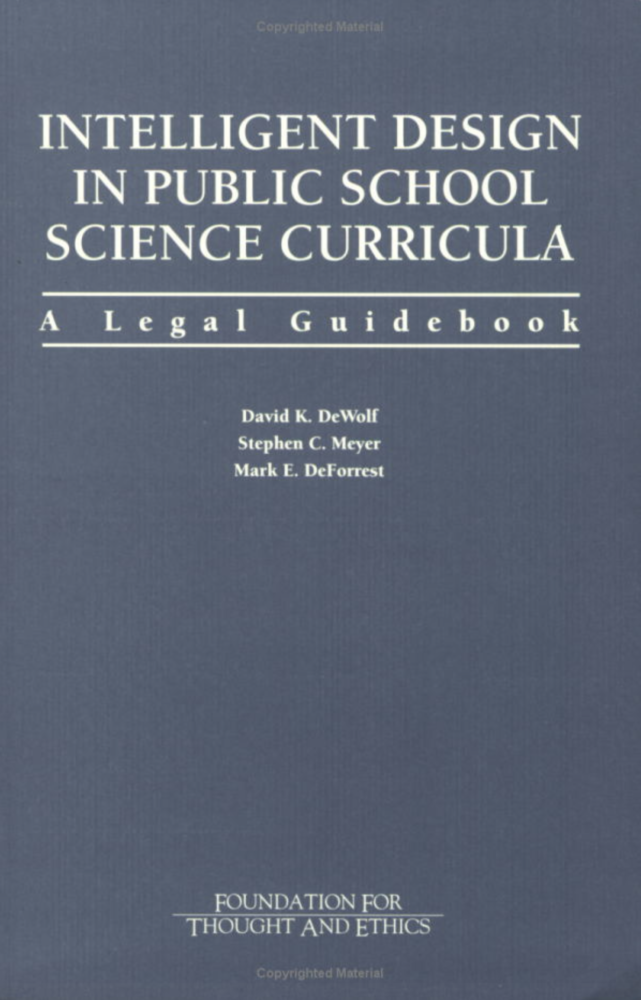
Stephen Hawking: Off the Planet, to the Moon, in 200-500 Years
Evolutionary Psychology Meets Economics 101

Law Professor David DeWolf on the History of the Santorum Amendment
Science Is Not a “Brooding Omnipresence in the Sky”

David DeWolf on the Louisiana Academic Freedom Bill

Decent Dissent: Seeking an Open Evolution Debate

A Discussion of the Montana Law Review’s Recent Publication of Articles about the Dover Intelligent Design Ruling

Evolution and Dissent

Intelligent Design Will Survive Kitzmiller v. Dover

Teaching About Evolution in the Public Schools
A Short Summary of the Law
An Interview with David DeWolf, co-author of Traipsing Into Evolution

Traipsing Into Evolution
Intelligent Design and the Kitzmiller v. Dover DecisionJudge Jones Follows ACLU, Ignores Contrary Facts
Remarks of Sr. Fellow David DeWolf to Darby, MT School Board

Darwinism, Design, and Public Education

Intelligent Design in Public School Science Curricula
A Legal GuidebookTeaching the Origins Controversy
Special Discovery Institute Report